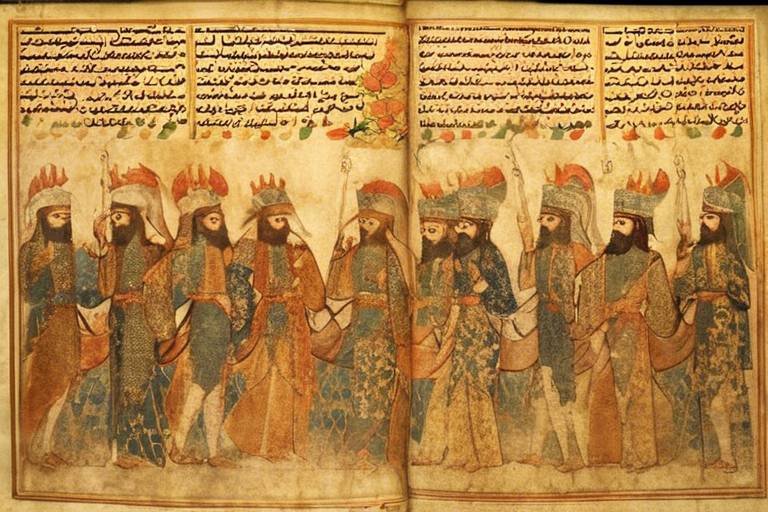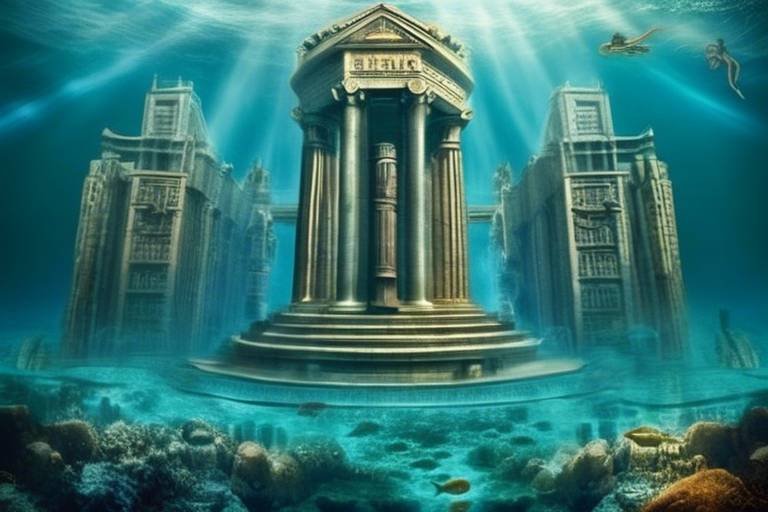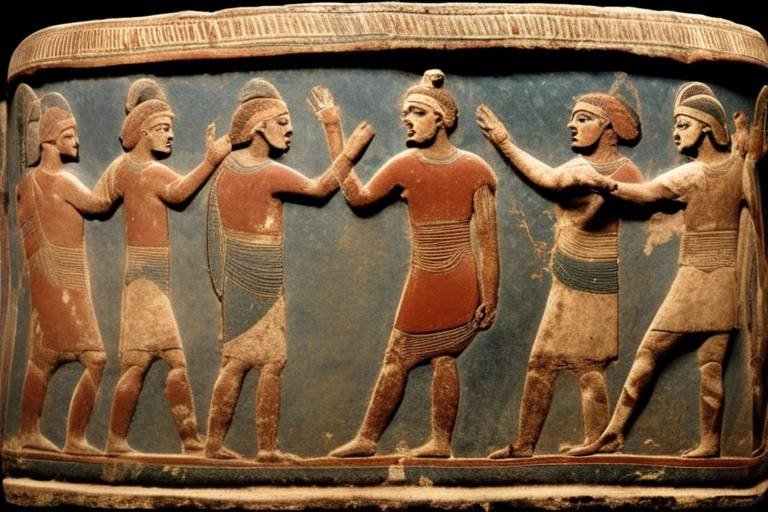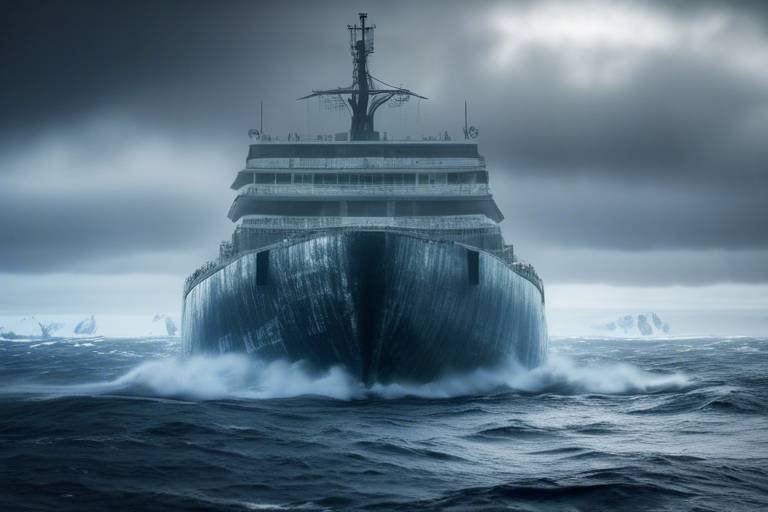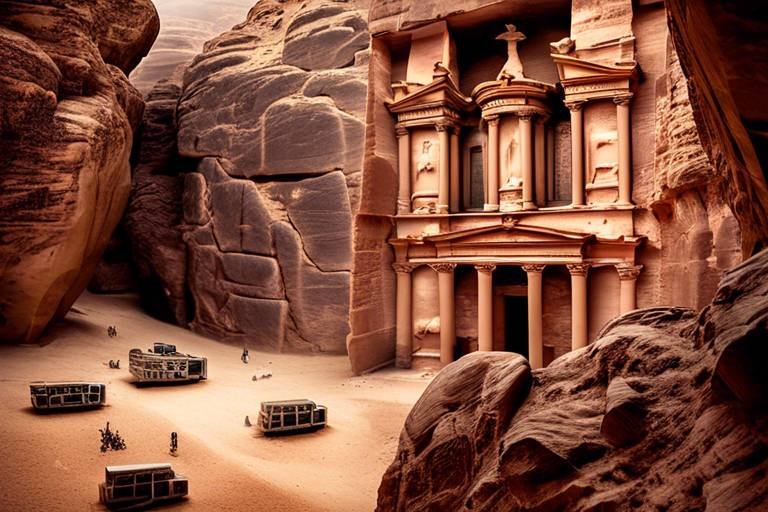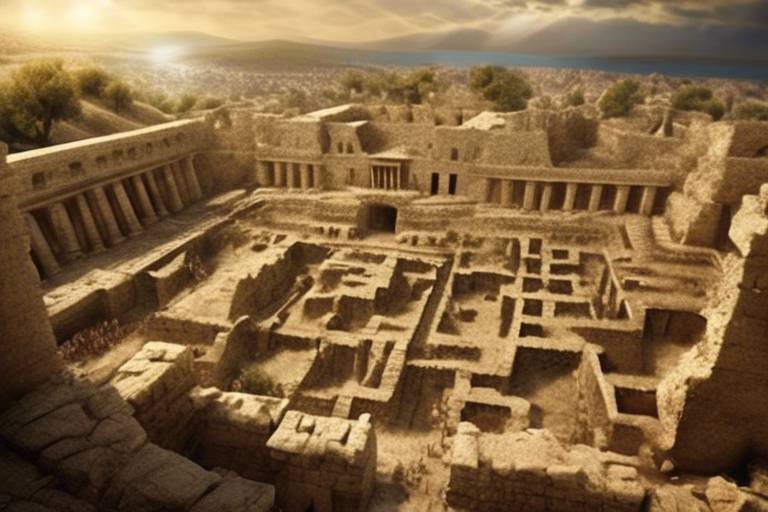The Mystery of the Lost Civilizations of the Mediterranean
Have you ever wondered about the ancient civilizations that once thrived around the Mediterranean region, leaving behind a trail of mysteries and unanswered questions? The allure of lost civilizations, submerged ruins, and enigmatic societies continues to captivate the imagination of historians, archaeologists, and enthusiasts alike. From the legendary Atlantis to the enigmatic Minoans of Crete, the Mediterranean is a treasure trove of historical enigmas waiting to be unraveled.
As we delve into the depths of history, we encounter the enduring mystery of Atlantis - a mythical island civilization that is said to have vanished without a trace. The debate over the existence of Atlantis has fueled countless speculations and theories, sparking curiosity about its potential connection to real-world events and locations.
One of the most fascinating ancient societies of the Mediterranean is the Minoans of Crete. Known for their advanced art, architecture, and maritime trade, the Minoans left behind a legacy of sophistication and mystery. The sudden collapse of their civilization has puzzled researchers for centuries, leaving us to speculate on the reasons behind their downfall.
The Phoenicians, on the other hand, were renowned seafaring traders and explorers who dominated the Mediterranean with their maritime prowess. Their legacy of trade networks and cultural influence has left a lasting impact on the region, shaping the course of history through their extensive voyages and commercial activities.
Italy's ancient enigma, the Etruscans, present yet another intriguing puzzle for historians. With their unique language, advanced metallurgy, and distinctive art, the Etruscans have long fascinated scholars seeking to unravel the mysteries of their origins and the fate of their civilization.
Turning our gaze towards ancient Greece, we encounter the Mycenaeans - a powerful civilization known for their epic poetry, monumental palaces, and involvement in the legendary Trojan War. Their legacy of myth and history continues to inspire fascination and exploration into the rich tapestry of ancient Greek civilization.
As we ponder the collapse of Bronze Age civilizations around the Mediterranean, we are confronted with a myriad of possible causes - from environmental disasters to invasions and internal conflicts. The downfall of these once-great societies serves as a stark reminder of the fragility of human civilization and the ever-changing tides of history.
Exploring the lost cities and sunken treasures scattered across the Mediterranean seabed, we uncover a world hidden beneath the waves - a world that holds the key to unlocking the secrets of ancient civilizations and maritime heritage. These submerged ruins offer a tantalizing glimpse into the past, inviting us to piece together the puzzle of history.
With modern technology and interdisciplinary studies shedding new light on the mysteries of lost civilizations, our understanding of the past is constantly evolving. Through ongoing research and exploration, we continue to unravel the enigmas of the Mediterranean, piecing together the fragments of history to paint a more complete picture of the ancient world.
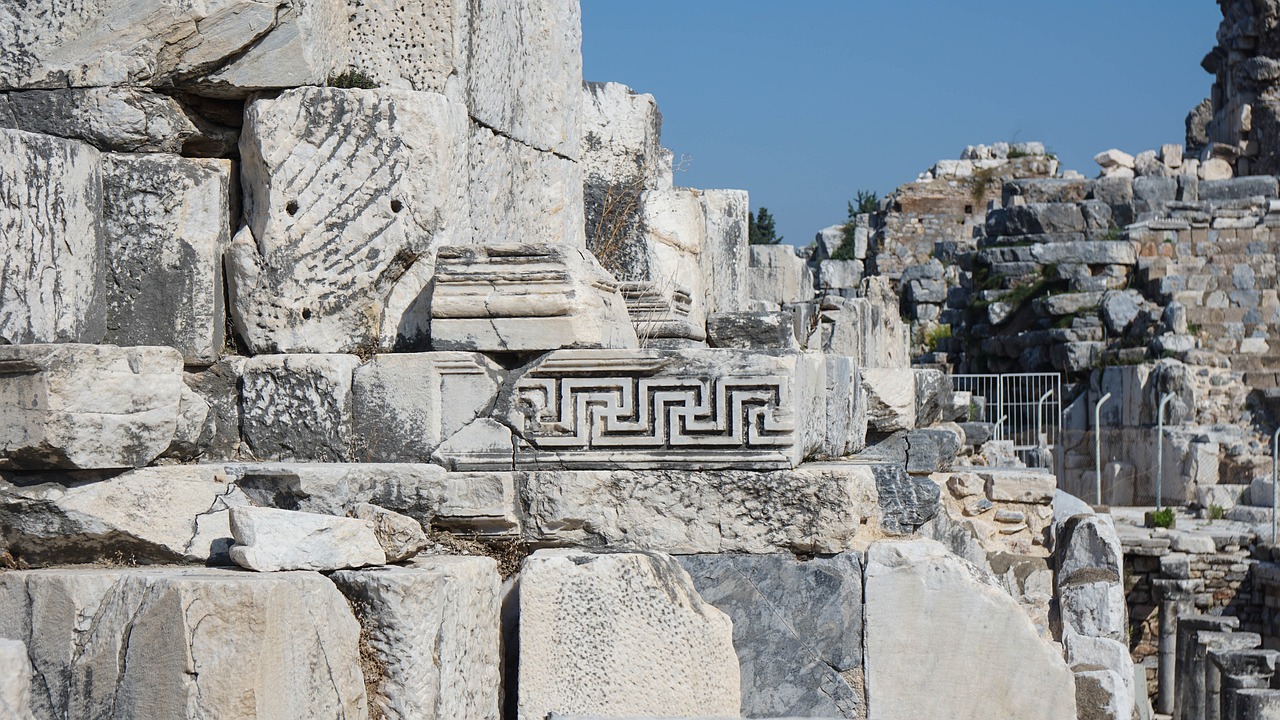
Introduction to Mediterranean Civilizations
When we think of the Mediterranean region, images of azure waters, picturesque coastlines, and vibrant cultures often come to mind. However, beyond the sun-kissed beaches and bustling markets lies a rich tapestry of ancient civilizations that once thrived in this historic area. From the mysterious ruins of lost cities to the enigmatic artifacts left behind by long-forgotten societies, the Mediterranean is a treasure trove of archaeological wonders waiting to be explored.
Stretching from the shores of Greece to the coast of North Africa, the Mediterranean has been a crossroads of civilizations for millennia. The region's strategic location made it a melting pot of cultures, where ideas, technologies, and goods were exchanged among diverse peoples. This cultural exchange gave rise to a plethora of civilizations, each leaving its unique mark on the landscape and history of the Mediterranean.
From the majestic pyramids of Egypt to the grand temples of Greece, the Mediterranean is dotted with remnants of ancient civilizations that once flourished in this cradle of human civilization. The legacy of these societies, from the seafaring Phoenicians to the warrior Mycenaeans, continues to captivate historians and archaeologists, offering tantalizing glimpses into the past.
As we delve into the depths of history, we uncover the mysteries of lost civilizations that have long fascinated scholars and enthusiasts alike. The allure of these ancient societies lies in their enigmatic origins, their remarkable achievements, and their sudden disappearances, leaving behind a trail of unanswered questions that continue to puzzle researchers to this day.
Join us on a journey through time as we unravel the secrets of the lost civilizations of the Mediterranean, piecing together the fragments of the past to paint a vivid picture of the rich tapestry of cultures that once thrived in this storied region.
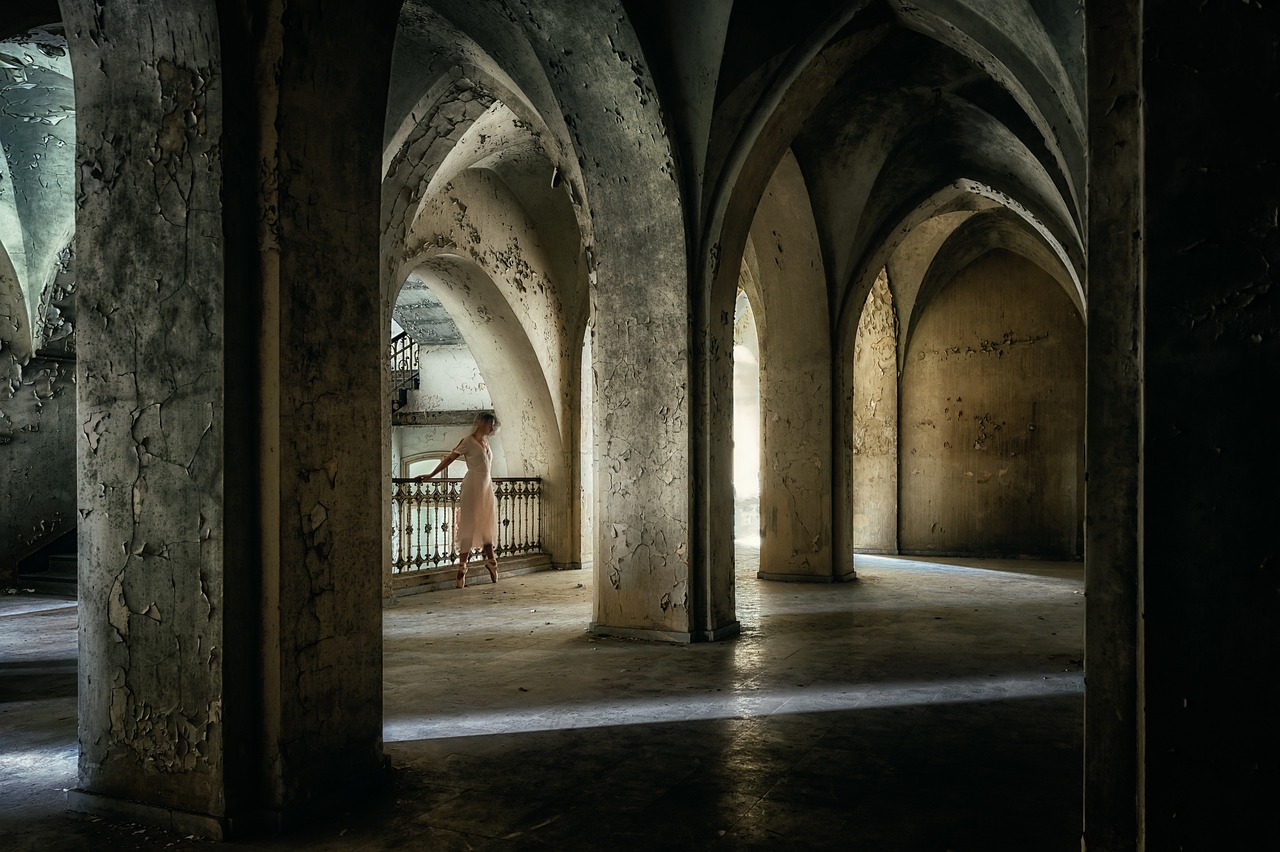
Atlantis: Myth or Reality?
Atlantis, the legendary island civilization described by the ancient Greek philosopher Plato, has captivated the imagination of people for centuries. The debate over the existence of Atlantis continues to spark curiosity and intrigue, with some viewing it as a mythical utopia lost to the sea, while others search for tangible evidence of its reality.
Plato's accounts of Atlantis in his dialogues "Timaeus" and "Critias" portray a prosperous and technologically advanced society that ultimately met a cataclysmic end, sinking into the depths of the ocean in a single day and night. The detailed descriptions of Atlantis's layout, governance, and military might have fueled speculation about its possible location and historical validity.
Despite numerous theories and expeditions aimed at uncovering the truth behind Atlantis, concrete archaeological evidence supporting its existence remains elusive. Some researchers suggest that Atlantis could be a symbolic tale or an allegory rather than a tangible civilization, serving as a cautionary narrative about hubris and the consequences of decadence.
The enduring mystery of Atlantis raises thought-provoking questions about the nature of myth and reality, the transmission of knowledge through oral traditions, and the human fascination with lost civilizations. Whether Atlantis was a product of Plato's imagination or a real civilization awaiting discovery, its enigmatic legacy continues to inspire exploration and speculation in the quest for ancient truths.
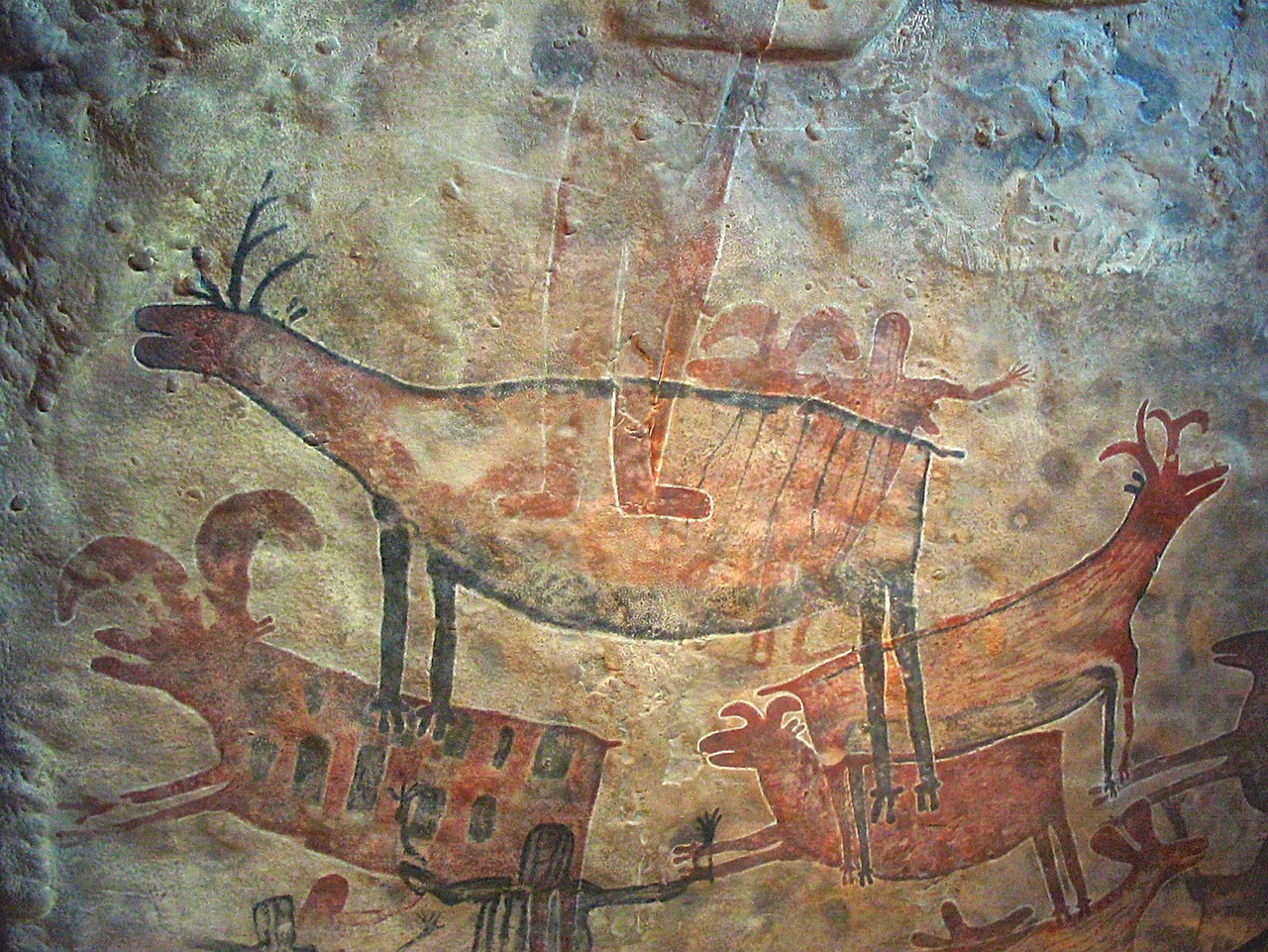
The Minoans: Crete's Enigmatic Society
The Minoans, an ancient civilization that thrived on the island of Crete, continue to captivate historians and archaeologists with their enigmatic society. Known for their advanced achievements in art, architecture, and maritime trade, the Minoans left behind a legacy that raises intriguing questions about their culture and eventual downfall.
One of the most striking aspects of the Minoans was their elaborate palace complexes, such as the famous Palace of Knossos. These grand structures featured intricate frescoes, advanced plumbing systems, and a sophisticated layout that showcased the Minoans' architectural prowess and organizational skills.
Artifacts discovered at Minoan sites depict a vibrant society with a deep connection to nature and the sea. Intriguingly, the Minoans worshiped a mother goddess and celebrated bull-leaping rituals, reflecting their complex religious beliefs and social customs.
Despite their advancements, the Minoan civilization met a mysterious end, possibly due to natural disasters or external invasions. The eruption of the Thera volcano around 1600 BC is often cited as a potential catalyst for their decline, leading to speculation about the connections between the Minoans and the myth of Atlantis.
Exploring the ruins of Minoan cities like Knossos and Phaistos offers a glimpse into the sophisticated society that once thrived on Crete. The intricate artwork, innovative architecture, and intricate artifacts provide valuable insights into the daily life and cultural practices of the Minoans, fueling ongoing research and speculation about their enigmatic legacy.

The Phoenicians: Seafaring Traders and Explorers
The Phoenicians were a remarkable ancient civilization known for their remarkable seafaring skills and extensive trade networks that spanned the Mediterranean region. Hailing from the coastal areas of present-day Lebanon, the Phoenicians established themselves as prominent maritime traders and explorers, navigating the seas with unparalleled expertise.
One of the key contributions of the Phoenicians was their development of an advanced shipbuilding technology, which enabled them to construct sturdy vessels capable of long-distance voyages. These ships played a crucial role in facilitating trade and cultural exchange among various civilizations around the Mediterranean, solidifying the Phoenicians' reputation as masterful seafarers.
Moreover, the Phoenicians were renowned for their establishment of prosperous trading outposts and colonies across the Mediterranean, including prominent locations such as Carthage in North Africa and Gadir (modern-day Cadiz) in Spain. These settlements served as vital hubs for commerce, allowing the Phoenicians to expand their influence and enrich their cultural interactions with other societies.
Additionally, the Phoenicians were pioneers in the production and distribution of valuable goods such as purple dye, cedar wood, and glassware, which were highly sought after in the ancient world. Their expertise in maritime trade not only brought wealth and prosperity to their civilization but also facilitated the exchange of knowledge and ideas across different lands.
Despite their significant contributions to seafaring and trade, the Phoenicians remain somewhat enigmatic in terms of their historical legacy. The exact origins of the Phoenician people and the details of their societal structure continue to intrigue scholars and archaeologists, prompting ongoing research and investigation into their fascinating civilization.
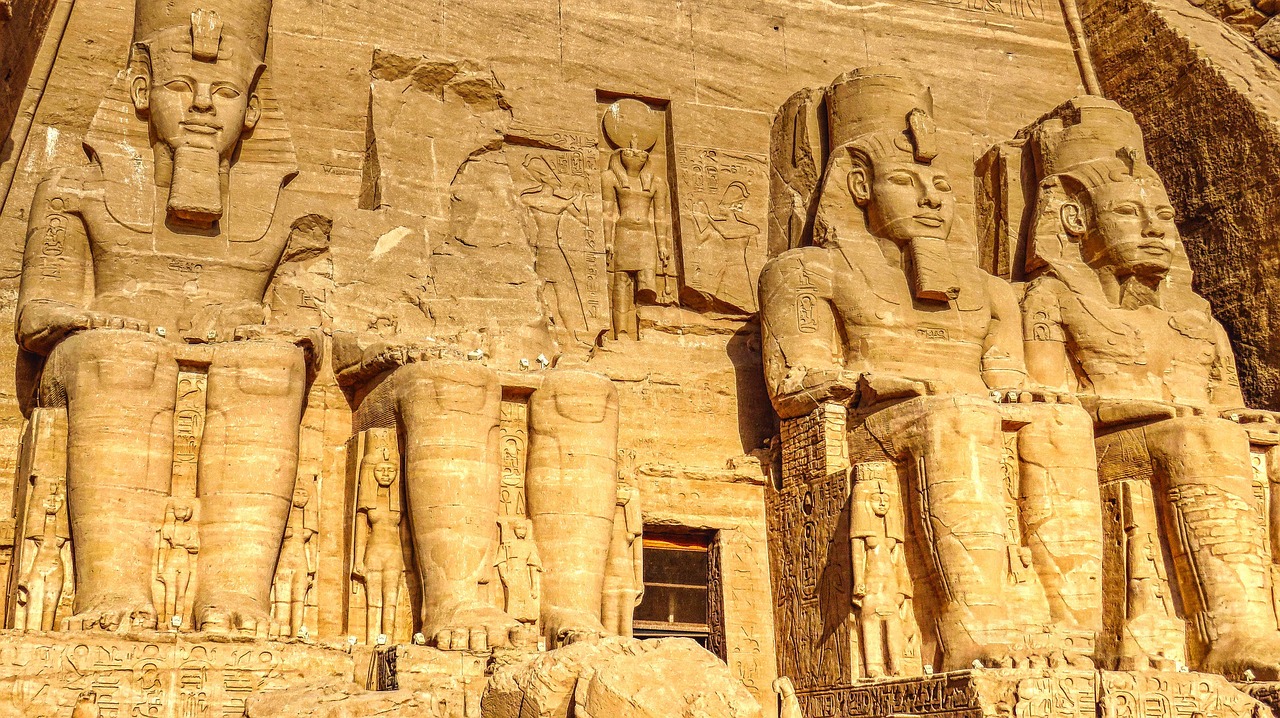
The Etruscans: Italy's Ancient Enigma
The Etruscans, a mysterious ancient civilization that thrived in Italy, continue to intrigue historians and archaeologists with their enigmatic origins and culture. Known for their advanced metallurgy, unique language, and distinctive art, the Etruscans left behind a rich legacy that puzzles researchers to this day. Their civilization, which predates the rise of Rome, played a significant role in shaping the cultural landscape of Italy.
One of the most fascinating aspects of the Etruscans is their distinctive funerary practices, characterized by elaborate tombs filled with precious artifacts and intricate frescoes depicting scenes of daily life and mythology. These burial sites, such as the famous Tomb of the Leopards in Tarquinia, offer valuable insights into Etruscan beliefs and customs.
Despite their achievements in art and technology, much about the Etruscans remains a mystery. The origins of this ancient civilization, their political structure, and the reasons behind their decline are subjects of ongoing debate among scholars. The Etruscan language, which is not fully deciphered, adds another layer of complexity to understanding their society.
The Etruscans' influence on Roman civilization is undeniable, with elements of Etruscan art, religion, and architecture being assimilated by the Romans. Their legacy lives on in the ruins of ancient Etruscan cities like Veii and Cerveteri, providing a glimpse into a lost world that continues to captivate the imagination of history enthusiasts.
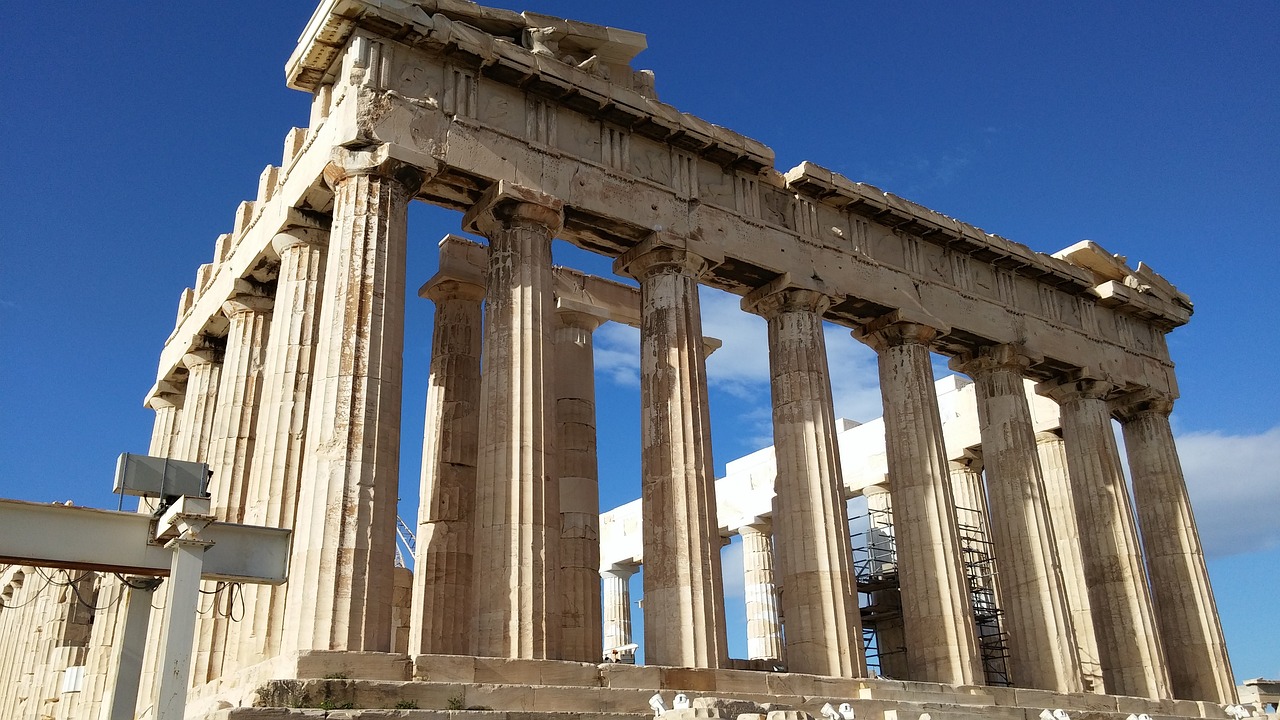
The Mycenaeans: Warriors of Ancient Greece
The Mycenaeans were a formidable civilization that thrived in ancient Greece, leaving a lasting impact on the region's history and culture. Known for their military prowess, epic poetry, and monumental palaces, the Mycenaeans were revered as warriors of great skill and valor. Their legendary involvement in the Trojan War, as depicted in Homer's Iliad, has captivated generations with tales of heroism and tragedy.
At the heart of Mycenaean society was a complex hierarchy led by powerful rulers who controlled vast territories and resources. Their palaces, such as the renowned citadel of Mycenae, showcased impressive architectural feats and intricate frescoes that depicted scenes of daily life, religious rituals, and military conquests.
The Mycenaeans were skilled craftsmen and traders, engaging in extensive commerce with neighboring civilizations and establishing a network of economic relationships that spanned the Mediterranean. Their mastery of bronze metallurgy enabled them to create exquisite weapons, armor, and artwork, showcasing their technological advancement and artistic sophistication.
Despite their achievements, the Mycenaean civilization faced challenges that ultimately led to its decline. The exact reasons for their downfall remain a subject of debate among historians and archaeologists, with theories ranging from internal power struggles to external invasions and natural disasters.
Excavations of Mycenaean sites, such as Mycenae, Tiryns, and Pylos, have unearthed a wealth of artifacts and architectural remnants that offer insights into the daily lives, beliefs, and achievements of this ancient warrior society. The decipherment of Linear B script, a writing system used by the Mycenaeans, has provided valuable information about their administration, economy, and social structure.
The legacy of the Mycenaeans continues to intrigue scholars and enthusiasts alike, serving as a testament to the enduring influence of ancient Greece on Western civilization. Their epic tales, monumental ruins, and artistic achievements stand as a testament to the rich cultural heritage of the Mediterranean region and the indelible mark left by the warriors of Mycenae.
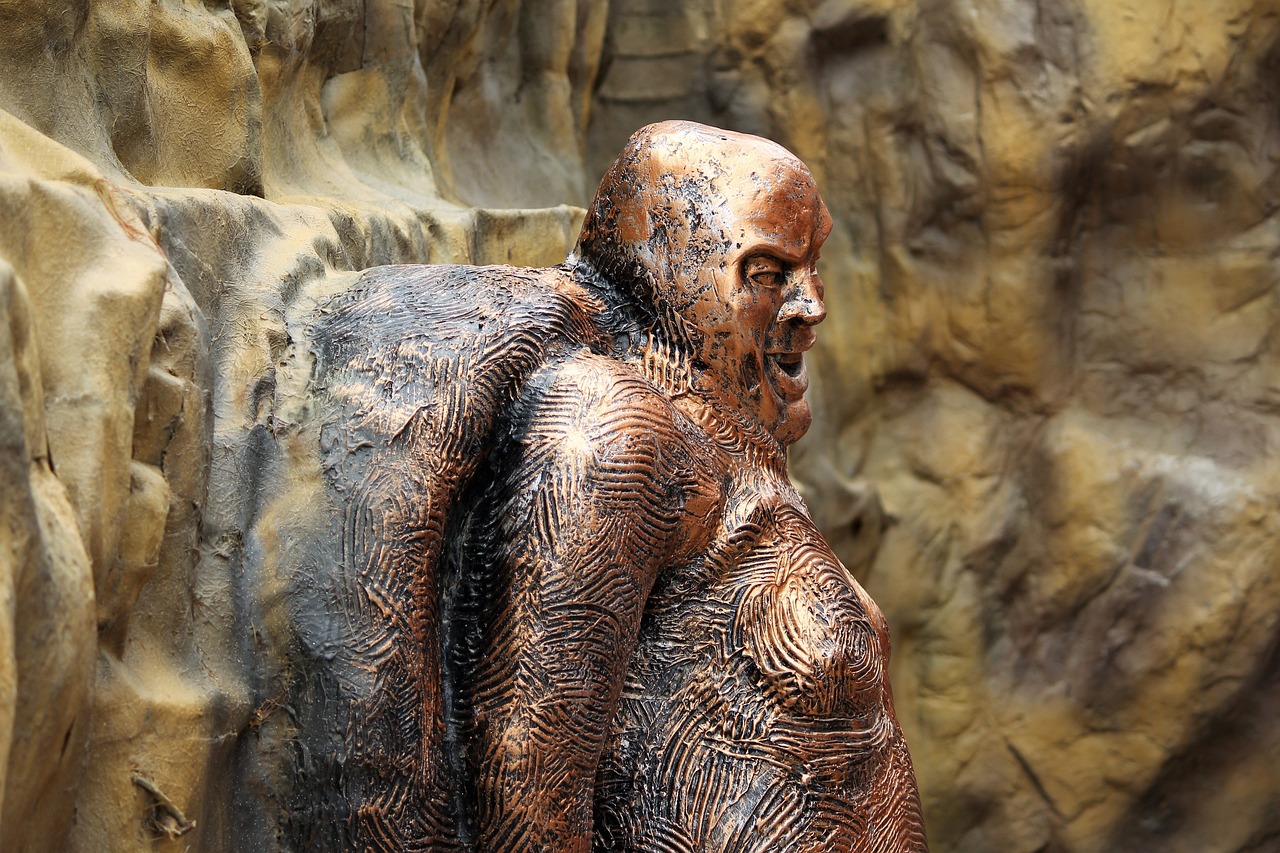
Collapse of Bronze Age Civilizations
The collapse of Bronze Age civilizations around the Mediterranean is a topic that continues to intrigue historians and archaeologists alike. This period marked a significant downturn for once-thriving societies, leading to the decline and eventual disappearance of several advanced cultures.
One of the key factors believed to have contributed to the collapse of these civilizations was environmental instability. Droughts, earthquakes, and other natural disasters are thought to have put immense pressure on agricultural systems, leading to food shortages and social unrest.
Additionally, invasions and conflicts played a crucial role in the downfall of Bronze Age civilizations. The emergence of new military powers and the shifting balance of power in the region led to widespread warfare, further destabilizing already fragile societies.
Internal factors such as political upheaval and social inequality also played a part in the collapse of these once-prosperous civilizations. The breakdown of traditional power structures and the erosion of social cohesion weakened these societies from within, making them more vulnerable to external threats.
Overall, the collapse of Bronze Age civilizations in the Mediterranean was a complex phenomenon influenced by a combination of environmental, social, and political factors. By studying these ancient societies and their ultimate demise, we gain valuable insights into the fragility of human civilizations and the importance of sustainable development.
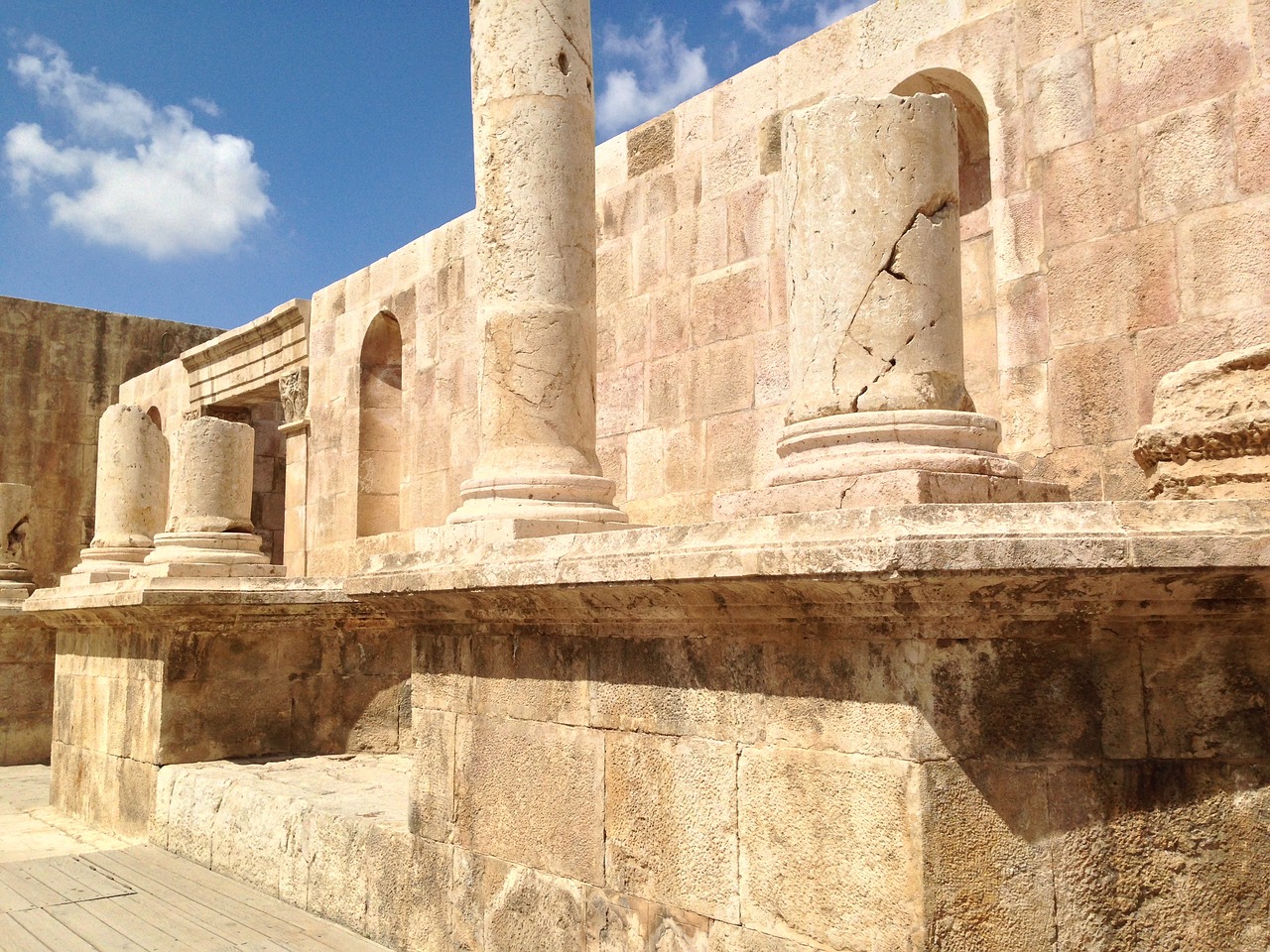
Lost Cities and Sunken Treasures
Lost Cities and Sunken Treasures hold a fascination that captivates the imagination, offering a glimpse into the hidden depths of history beneath the Mediterranean waters. These submerged ruins, once bustling with life and activity, now lie silent on the seabed, waiting to reveal their secrets to intrepid explorers and archaeologists.
One of the most famous examples of a lost city is Heracleion, also known as Thonis, an ancient Egyptian port city that mysteriously disappeared beneath the waves. Rediscovered in the early 2000s, Heracleion unveiled a treasure trove of artifacts, statues, and temples, providing valuable insights into the maritime trade routes of the ancient world.
The sunken city of Pavlopetri in Greece is another intriguing site, dating back to the Bronze Age. Its well-preserved streets, buildings, and courtyards offer a snapshot of daily life in a thriving civilization that met a watery demise, leaving behind a submerged time capsule for modern-day archaeologists to decipher.
Exploring these underwater archaeological sites requires specialized equipment and expertise, as divers navigate the murky depths to uncover hidden wonders and piece together the puzzle of lost civilizations. The remnants of these sunken treasures serve as a reminder of the fragility of human endeavors against the relentless march of time and nature's forces.
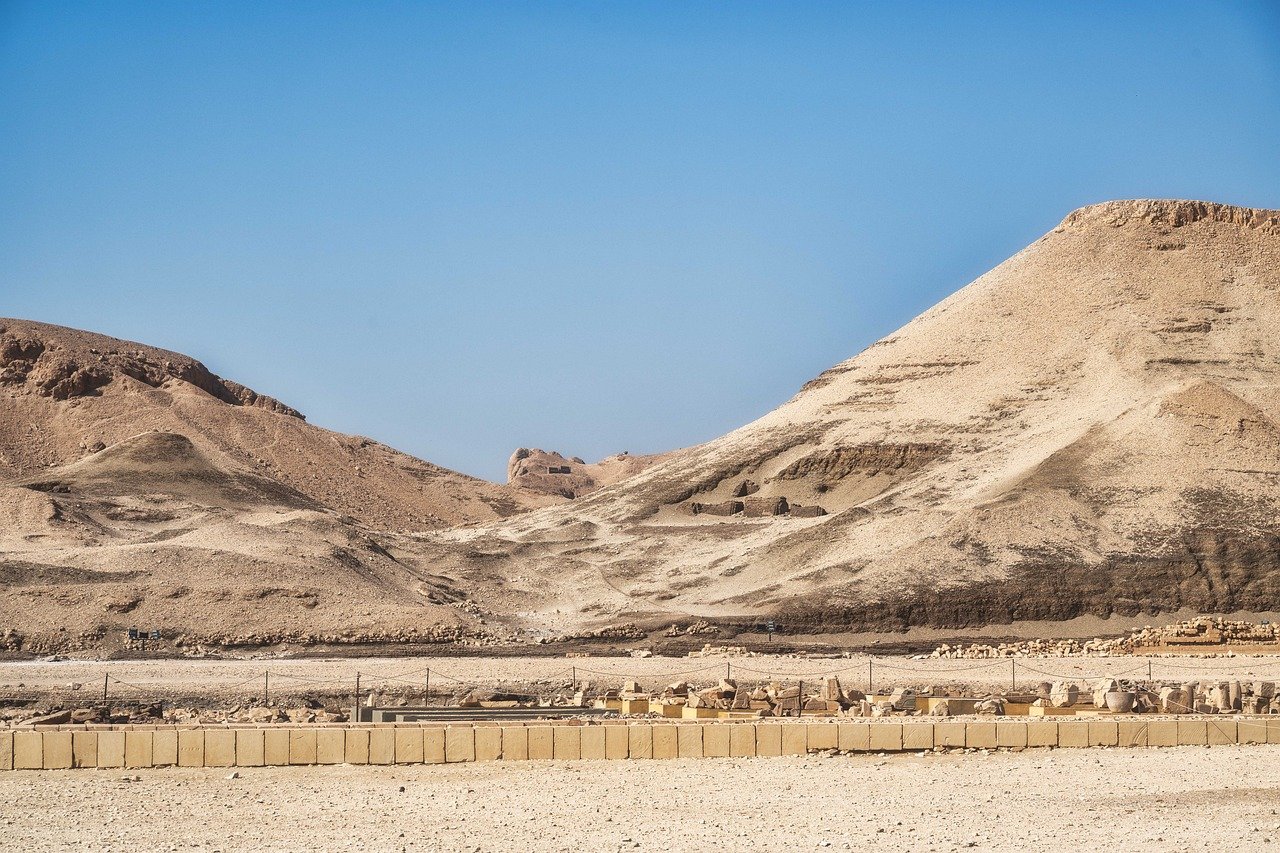
Modern Perspectives on Ancient Mysteries
As we delve into the mysteries of lost civilizations in the Mediterranean, modern perspectives offer a fascinating lens through which to view ancient enigmas. Through the advancements in technology, such as remote sensing and underwater archaeology, researchers are uncovering new insights into the past. Interdisciplinary studies combining fields like history, geology, and genetics are revolutionizing our understanding of ancient cultures and their interactions.
One of the key modern perspectives on ancient mysteries is the emphasis on collaboration among experts from various disciplines. By pooling their knowledge and expertise, researchers are able to piece together the puzzle of lost civilizations more effectively. This collaborative approach allows for a more comprehensive analysis of archaeological findings and historical records, leading to fresh interpretations and discoveries.
Furthermore, the integration of cutting-edge scientific techniques, such as DNA analysis and isotopic studies, has revolutionized the study of ancient populations. By analyzing genetic material and chemical signatures in artifacts, researchers can trace migration patterns, trade routes, and cultural exchanges among Mediterranean civilizations. These scientific methods provide concrete evidence to support or challenge existing theories about the past.
In addition to technological advancements, modern perspectives on ancient mysteries also highlight the importance of cultural heritage preservation and public outreach. Efforts to protect and conserve archaeological sites, artifacts, and underwater treasures are crucial for safeguarding the legacy of lost civilizations for future generations. Public engagement through museums, exhibitions, and educational programs helps to raise awareness about the significance of ancient history and foster a deeper appreciation for the cultural diversity of the Mediterranean region.
Frequently Asked Questions
- What are some common theories about the disappearance of Atlantis?
Various theories suggest that Atlantis may have been destroyed by natural disasters, such as earthquakes or tsunamis, while others propose that it could have been a fictional allegory created by Plato.
- What is the significance of the Minoan civilization?
The Minoans are significant for their advanced architecture, vibrant frescoes, and complex social structure, which provide insights into the early development of European civilization.
- How did the Phoenicians contribute to ancient Mediterranean culture?
The Phoenicians were influential in spreading trade, alphabet writing, and cultural exchange throughout the Mediterranean, leaving a lasting impact on various civilizations.
- What sets the Etruscans apart from other ancient civilizations?
The Etruscans' unique language, elaborate burial practices, and skilled metalwork distinguish them as a mysterious and culturally rich civilization in ancient Italy.
- What role did the Mycenaeans play in ancient Greek history?
The Mycenaeans were significant for their military prowess, architectural achievements, and cultural influence on subsequent Greek civilizations, shaping the early history of Greece.
- How do modern advancements help in uncovering the secrets of lost civilizations?
Modern technologies such as sonar mapping, DNA analysis, and archaeological techniques enable researchers to explore underwater sites and decipher ancient artifacts, providing new insights into past civilizations.




